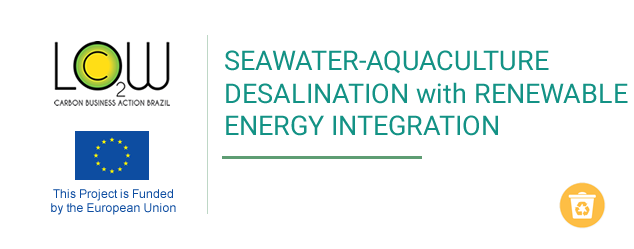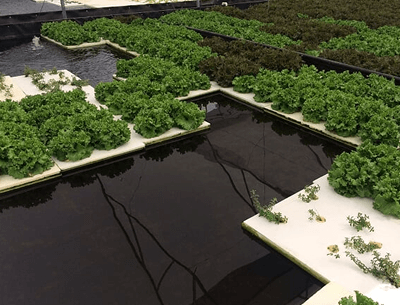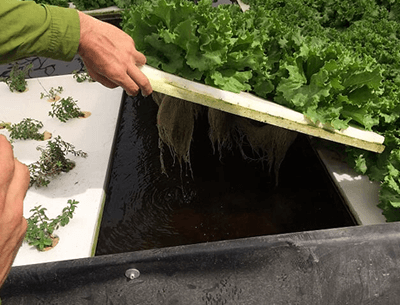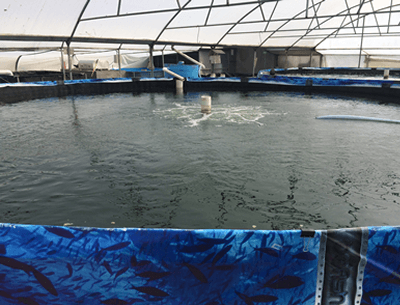


The northeast of Brazil is known worldwide for the beautiful paradisiacal beaches and strong gastronomic appeal and culture, but an area known as Polígono das Secas, which includes part of the states of Sergipe suffers from the scarcity of water.
The drought, caused by natural factors of location, and the deforestation of the Zona da Mata that raises the temperature in the region, generates unemployment, hunger and rural exodus.
Due to already seven years without rain in the northeast of Brazil exists a mandatory need to solve the shortage in water problem for the local food-producing economy. Knowledge in aquaculture and agriculture is locally widespread and therefore a huge pool of potential customers for Seawater-Aquaculture Desalination.




Through a partnership between the company Piscis located in the state of Ceará, Brazil and the German company Gloasis, it has been developed a project that aims to integrate the production of tilapia, shrimp and vegetables (through aquaponics) into a circular economy concept, in which waste waste) from the production of tilapia, one part is reused in aquaponics (vegetable production) and the other part is used in the formation of flakes to produce shrimp and serve to reduce feed costs. In addition, the process of evaporation of water (a completely normal process in an aquaculture production) is used to cool the vegetables and is then condensed, characterizing desalination, in which this water can be reused in the production of tilapia.

As a follow-up phase to the demonstration plant production, the companies plan to construct, maintain and monitor further projects for the fish farming and agriculture industry (115 SME and big companies as potential customers in the state Ceará). The market potential is estimated above 100 M€ in Ceará only.